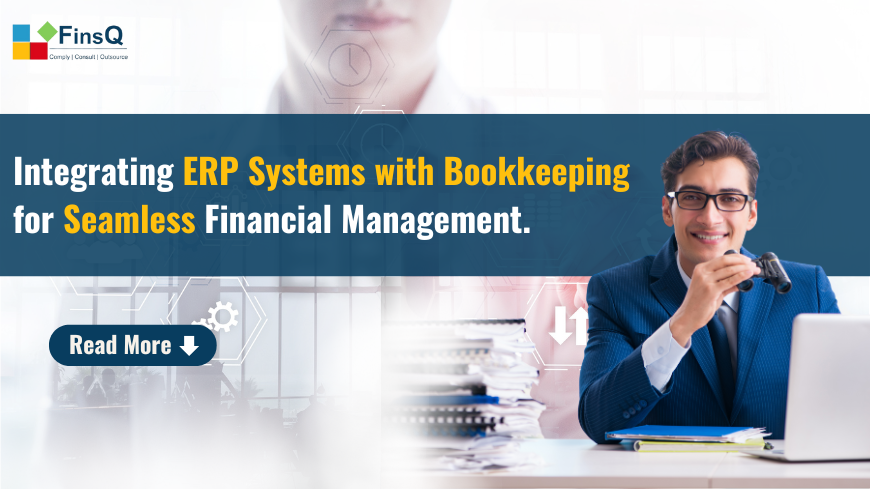In today’s fast-paced business world, financial management is no longer just about maintaining books and reconciling statements. Startups and mid-sized businesses need real-time financial insights, automated workflows, and seamless data integration to stay competitive. This is where modern ERP (Enterprise Resource Planning) systems like Odoo and Zoho Books come into play, offering a cost-effective and scalable solution to integrate bookkeeping with other business operations.
Why Traditional Bookkeeping Falls Short
Many businesses still rely on standalone bookkeeping software or manual processes that create inefficiencies, such as:
- Delayed Financial Reports: Manually updating records leads to outdated financial insights.
- Data Duplication and Errors: Lack of integration results in inconsistencies across systems.
- Limited Scalability: Traditional accounting software often struggles with complex operations.
- Compliance Challenges: Frequent regulatory changes make it difficult to stay compliant without automation.
The Power of ERP Integration with Bookkeeping
New-age ERP solutions like Odoo and Zoho offer a game-changing approach by integrating bookkeeping with sales, procurement, inventory, payroll, and compliance. Here’s how they transform financial management:
- Real-Time Financial Insights
- Unlike standalone accounting tools, Odoo and Zoho offer a live dashboard with real-time financial updates, enabling business owners to make data-driven decisions.
- Automated reconciliation ensures bank transactions are mapped to invoices instantly.
- Cost-Effective & Scalable Solutions
- Unlike expensive ERP giants like SAP or Oracle, Odoo and Zoho provide affordable ERP solutions tailored for small and mid-sized businesses.
- Subscription-based pricing ensures businesses pay only for what they use.
- Automated Compliance & Taxation
- GST, TDS, and Other Regulatory Compliance: ERP systems ensure automatic compliance with tax laws, reducing manual errors.
- Integration with e-invoicing and e-way bills streamlines tax reporting.
- Seamless Integration Across Departments
- Payroll & HR: Sync payroll with financial statements effortlessly.
- Sales & Inventory: Automatically update books when sales occur, minimizing data duplication.
- Multi-Currency & Global Transactions: Handle cross-border transactions seamlessly.
Live Case Study: How a Mid-Sized Manufacturing Firm Transformed Finances with Odoo ERP
Problem: A mid-sized textile manufacturing company relied on standalone accounting software, leading to delayed reconciliations, tax compliance issues, and high bookkeeping costs.
Solution: They integrated Odoo ERP with their financial operations, leading to:
- 80% reduction in manual data entry through automated invoicing and reconciliations.
- Real-time cash flow monitoring, improving financial planning.
- Seamless compliance with GST and TDS regulations, reducing penalties and errors.
Outcome: The company saw a 35% reduction in bookkeeping costs and improved decision-making through real-time financial insights.
Key Trends Shaping the Future of ERP & Bookkeeping Integration
- AI & Machine Learning: Automated anomaly detection in transactions.
- Blockchain for Transparency: Enhanced financial security and fraud prevention.
- Cloud-Based ERPs: Reduced IT infrastructure costs with anytime, anywhere access.
- Embedded Finance: Businesses can offer financial services directly from ERP platforms.
Conclusion: Why FinsQ is Your Ideal Partner
While ERP solutions like Odoo and Zoho simplify integration, expert guidance is essential for seamless implementation. FinsQ, with its Virtual CFO services, helps businesses:
- Choose the right ERP based on industry-specific needs.
- Set up customized automation for finance and compliance.
- Provide ongoing financial insights for better decision-making.
Ready to transform your financial management? Let FinsQ help you integrate ERP with bookkeeping effortlessly!

